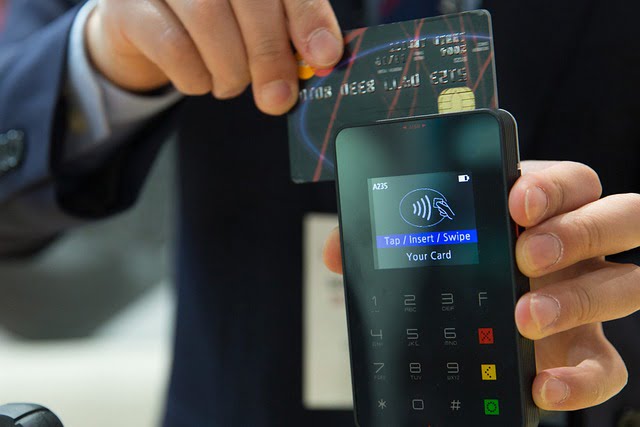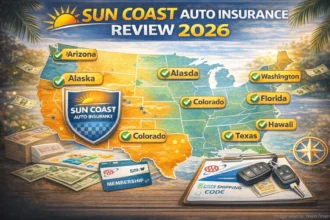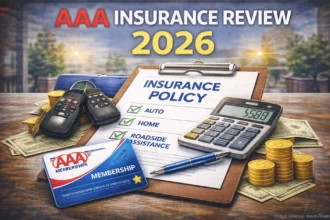In the realm of personal finance, the status of your credit card balance holds pivotal importance. Effectively managing this financial parameter is not just about staying in the black; it’s also a strategic move to bolster your credit score. In this informative guide, we will delve into the intricacies of credit card balances, elucidating their nature, constituents, and the best strategies for astute management.
What is a Credit Card Balance?

A credit card balance is the cumulative amount that a cardholder currently owes to their credit card issuer. It’s a dynamic figure that waxes and wanes with card usage. Every purchase contributes to its growth, while timely payments chip away at it. However, any residual balance at the end of a billing cycle accrues interest, which can become a substantial financial burden. Beyond its immediate financial implications, credit card balances profoundly influence your creditworthiness. Lenders scrutinize them closely as a measure of the risk and cost involved in extending credit to consumers.
The Nuts and Bolts of Credit Card Balances
Purchases
Each time you swipe your credit card, whether for your morning coffee or that big-screen TV, the expense is promptly added to your balance.
Balance Transfers
Transferring a balance from another account inflates your card’s balance, with any associated transfer fees adding to the load.
Foreign Exchange
International transactions can introduce foreign exchange fees, contributing to your balance. It’s essential to be vigilant about these costs.
Fees
Credit card companies levy various fees, including late payment charges, returned payment charges, and balance transfer fees. Being aware of these fees is vital, as they directly affect your balance.
Annual Fees and Cash Advance Fees
Don’t overlook annual fees and cash advance fees, as they can also impact your balance, and they are often a surprise to many cardholders.
Interest Charges
Interest is a major player in the credit card balance game. Unpaid balances accumulate interest, making managing this aspect essential for your financial well-being.
Payments
Arguably, the most critical aspect of your credit card balance is the payments you make. Paying your statement balance in full before the due date is the best practice to prevent interest charges. Making only the minimum payment allows the remaining balance to roll over, resulting in interest charges.
READ ALSO: What is a Credit Card?
Tracking Your Credit Card Balance
Understanding your credit card balance is a cornerstone of sound financial management. You have multiple avenues to monitor it:
Online Account Management
Most credit card issuers provide user-friendly online account management systems. By logging into your account via their website or mobile app, you can access both your statement balance and your current balance in real time.
Phone Inquiries
If you prefer not to manage your account online, calling the phone number provided on your credit card or statement allows you to inquire about your balance and recent account activity.
Monthly Statements
While monthly statements offer a snapshot of your account, they may not reflect your real-time balance, especially after recent transactions. Nevertheless, they provide a historical overview of your financial activity.
Automated Notifications
For a proactive approach, set up automatic notifications through your credit card issuer’s website or app. These alerts can be delivered via email, text, or push notifications, keeping you informed about your balance and reminding you of impending due dates.
Paying Down Your Balance
The optimal strategy for managing your credit card is to pay your balance in full whenever feasible. A zero balance shields you from the interest charges associated with carrying debt forward. However, if circumstances dictate that you can only make the minimum payment, be aware that this will extend the time required to clear your balance. It is highly recommended to pay your balance in full before the card issuer reports to credit bureaus to maintain or enhance your credit score.
Balances and Credit Scores
The careful management of your credit card balance significantly impacts your credit score. Your credit utilization ratio, which measures the proportion of credit you use compared to your total available credit, plays a vital role in determining your creditworthiness. To demonstrate responsible credit management, strive to keep your credit utilization ratio below 30%.
Staying Financially Agile
Maintaining a high credit card balance can render you financially vulnerable. It can limit your ability to use your card for emergencies and lead to additional interest charges and late fees. To mitigate these risks, consider contacting your credit card company to request an increase in your credit limit, which can lower your credit utilization ratio and bolster your financial flexibility.
To Recap
Understanding and effectively managing your credit card balance is paramount for maintaining a healthy financial profile. Setting clear goals, such as paying off your balance in full each month and keeping your credit utilization below 30%, empowers you to proactively enhance your credit health. Achieving financial stability and creditworthiness hinges on your ability to master this fundamental aspect of personal finance.
In your journey toward financial stability and creditworthiness, mastering the intricacies of credit card balances is undeniably a critical step. These insights, paired with disciplined management, will empower you to make informed decisions that positively impact your financial future
Frequently Asked Questions (FAQs)
What is the ideal credit card balance to maintain?
A1: Ideally, maintaining a zero balance by paying your statement balance in full each month is the best practice. This ensures you avoid interest charges and positively impacts your credit score.
How does a high credit card balance affect my credit score?
A2: A high balance can increase your credit utilization ratio, potentially lowering your credit score. It can also lead to financial vulnerability due to increased interest charges and late fees.
What should I do if I can’t pay my credit card balance in full?
A3: If you can’t pay your balance in full, aim to pay more than the minimum payment to reduce the impact of interest charges. Consider contacting your card issuer for assistance or to discuss payment options.
How often should I check my credit card balance?
A4: Regularly monitoring your balance is advisable, ideally at least once a week. This helps you stay informed about your financial status and upcoming payment due dates.
Is it advisable to transfer balances between credit cards?
A5: Balance transfers can be useful to consolidate debt or secure a lower interest rate. However, they often come with transfer fees, so it’s essential to weigh the costs and benefits before proceeding.
In other related article, Understanding Charge Cards: What Sets Them Apart





